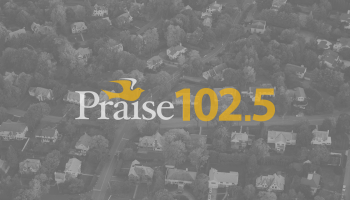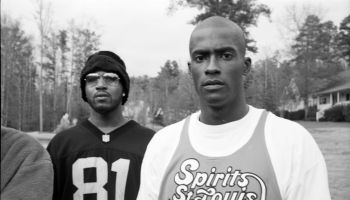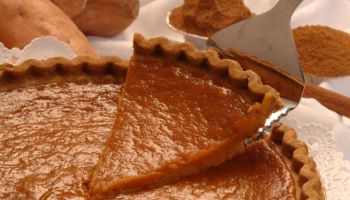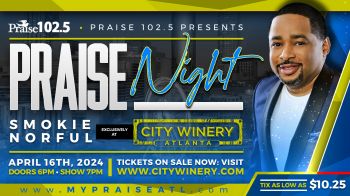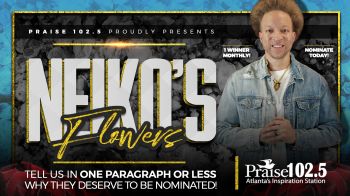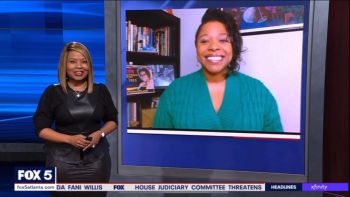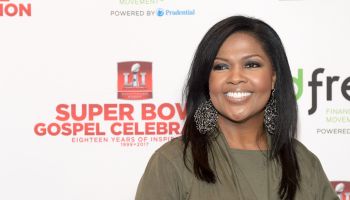VIA: New York Times
Barely 18 hours after an earthquake devastated Haiti on Jan. 12, the Rev. Pat Robertson supplied a televised discourse on the nation’s history, theology and destiny. Haiti has suffered, he explained, because its rebellious slaves “swore a pact with the devil” to overthrow the French two centuries ago. Ever since, he went on, “they have been cursed by one thing or another.”
Crude and harsh as Mr. Robertson’s words were, he deserved a perverse kind of credit for one thing. He actually did recognize the centrality of voodoo to Haiti. In the voluminous media coverage of the quake and its aftermath, relatively few journalists and commentators have done so, and even fewer have gotten voodoo right.
Consider a few facts. Voodoo is one of the official religions of Haiti, and its designation in 2003 merely granted official acknowledgment to a longstanding reality. The slave revolt that brought Haiti independence indeed relied on voodoo, the New World version of ancestral African faiths. To this day, by various scholarly estimates, 50 percent to 95 percent of Haitians practice at least elements of voodoo, often in conjunction with Catholicism.
The dismissive attitude about voodoo follows a tawdry history of misrepresentation in American journalism and popular culture.
“The media has reported a lot about voodoo but not much of it very insightful or intelligent,” said Diane Winston, a professor of religion and media at the University of Southern California. “Voodoo is one of those flashpoints for Americans because it’s exotic, unknown and has strange connotations. It may be a matter of underlying racism because voodoo is African and Caribbean in its origins, or because voodoo seems so different from Christianity that it’s the perfect Other.”
Prof. Leslie G. Desmangles of Trinity College in Hartford, who is the author of several scholarly and reference books about voodoo, views these current caricatures of voodoo as all too familiar.
“There’s been a very degrading, derogatory language about voodoo,” he said in a recent interview. “It’s language that goes back to the 19th century.”
Prof. Patrick Bellegarde-Smith of the University of Wisconsin, Milwaukee, an expert in voodoo as well as a voodoo priest, likens the religious texture of Haiti to that of Japan. The same Japanese person, he said, will observe the Shinto faith for certain rituals and Buddhism for others, and will see no contradiction or mutual exclusivity.
“I’d tell reporters to go into the shanties and find the local voodoo priest,” said Amy Wilentz, the author of an acclaimed book on contemporary Haiti, “The Rainy Season.” “Voodoo is very close to the ground. It’s a neighborhood to neighborhood, courtyard kind of religion. And one where you support each other in time of need.”
Read more here.
RELATED:
VIDEO: MSNBC’s Keith Olbermann Goes Off On Rush Limbaugh, Pat Robertson Over Haiti Comments







